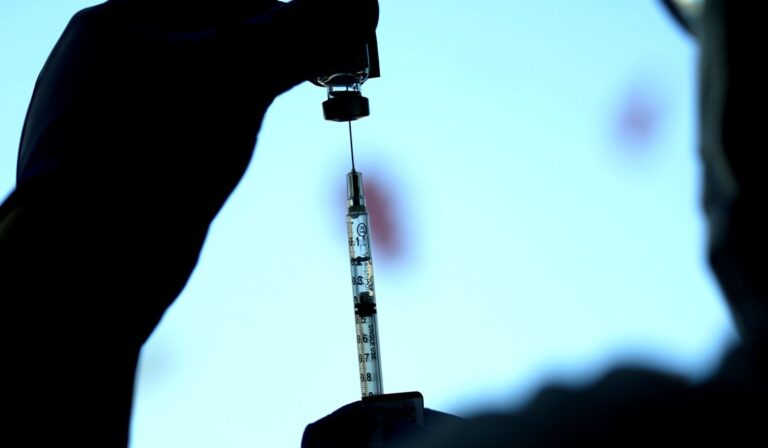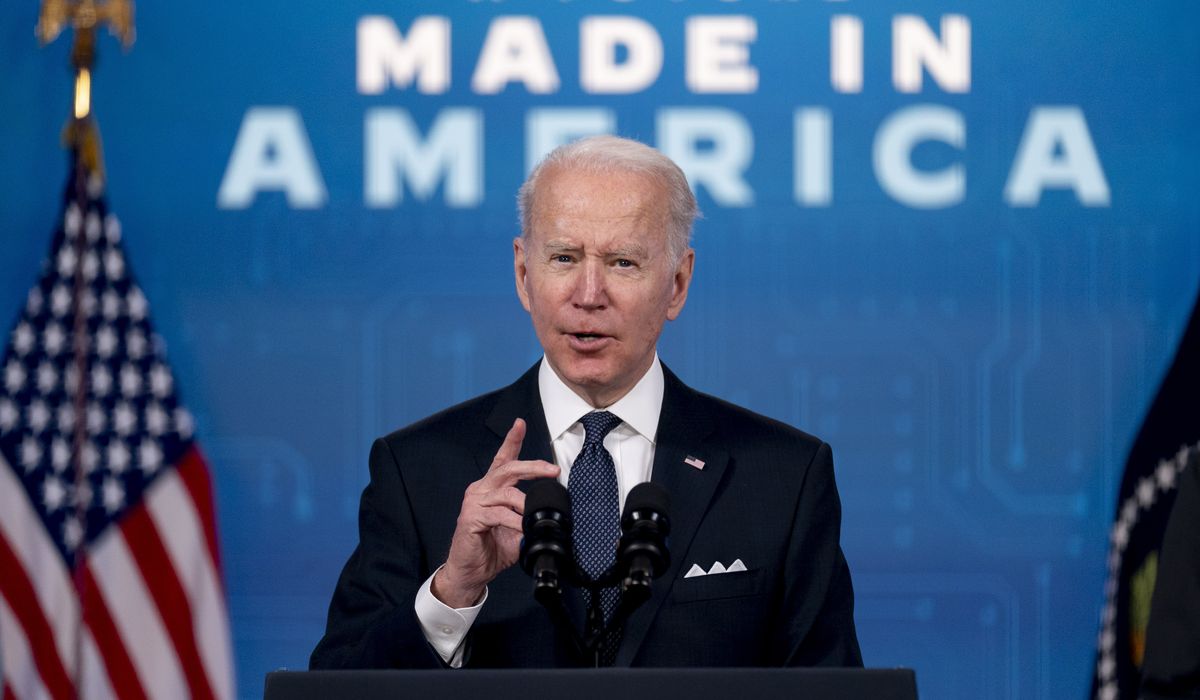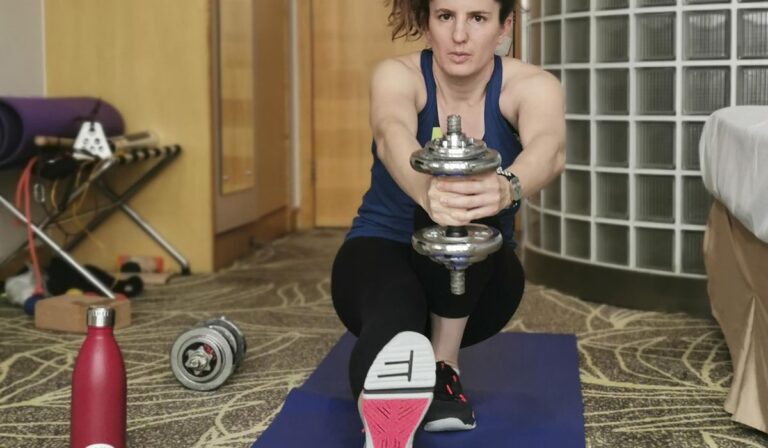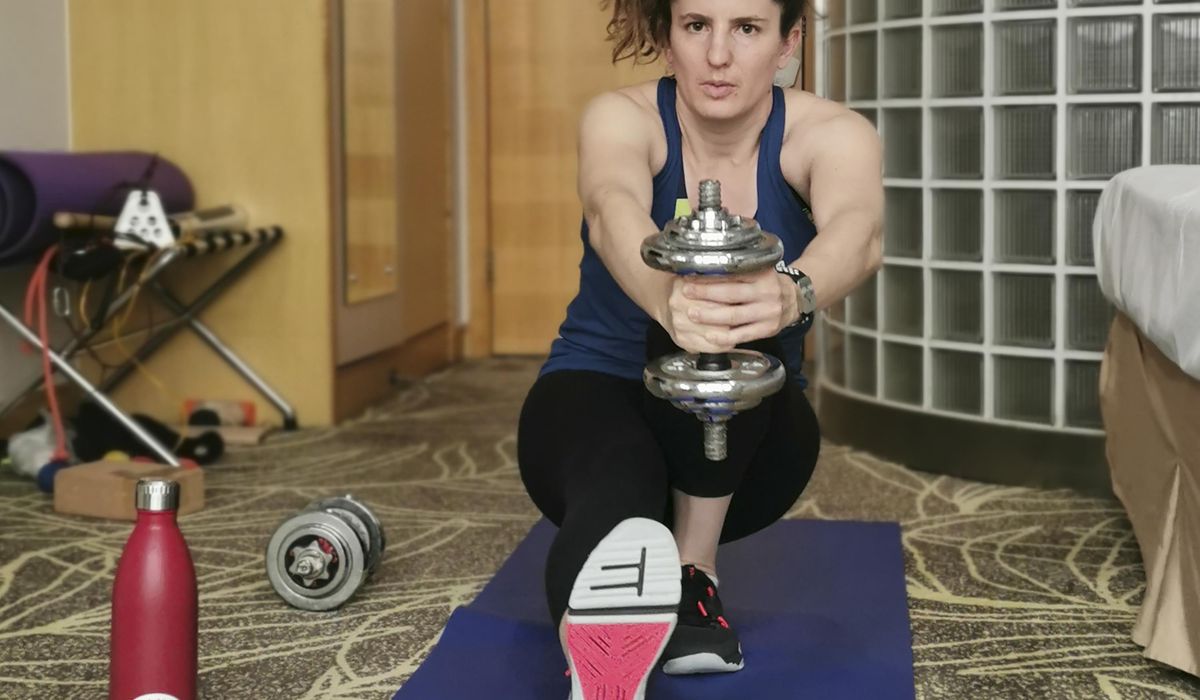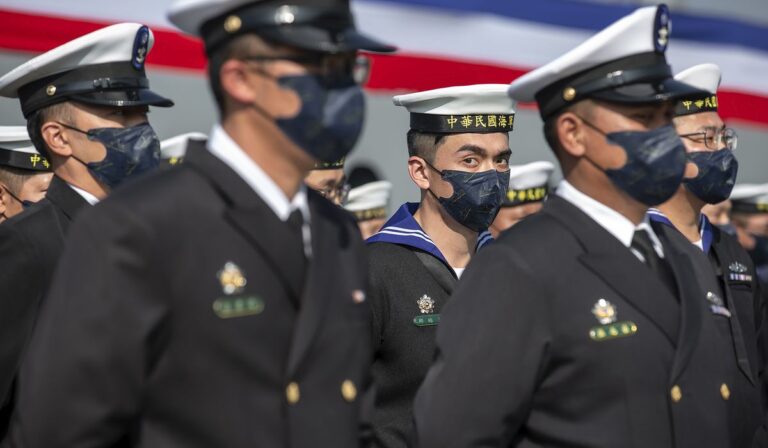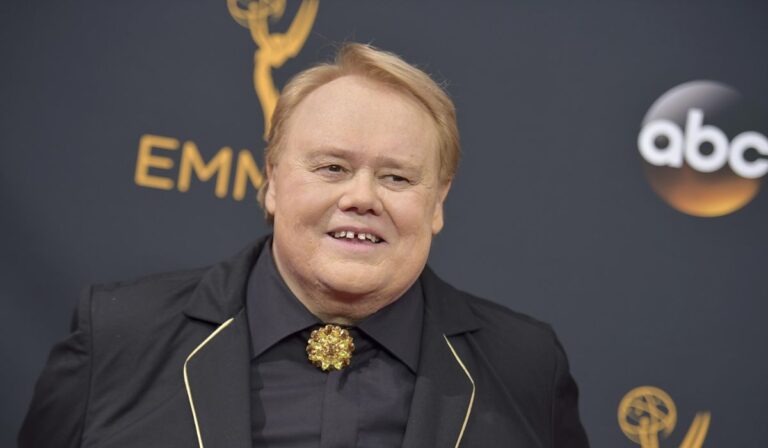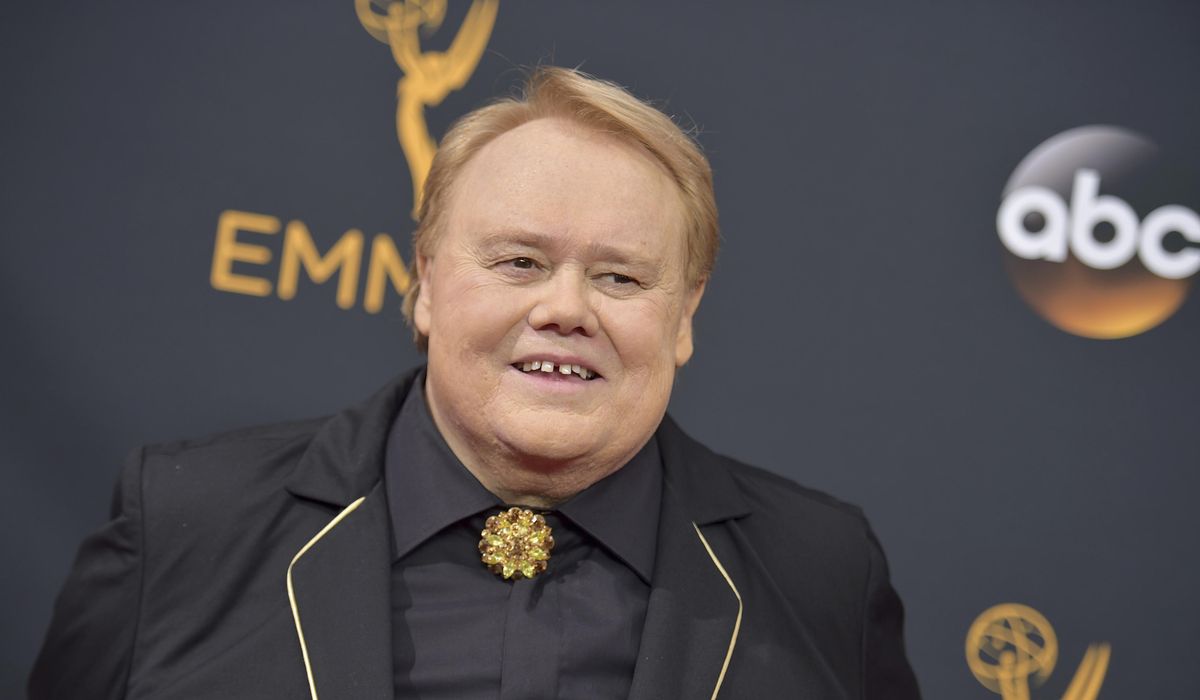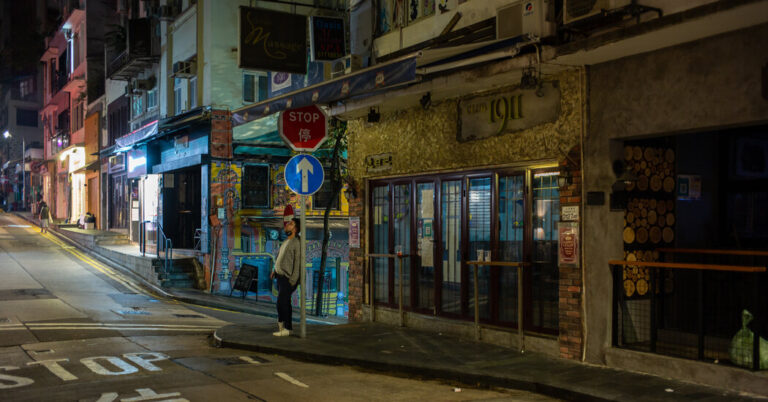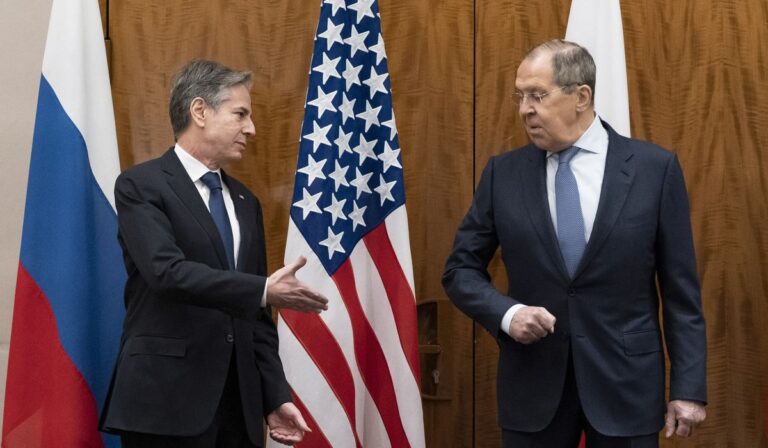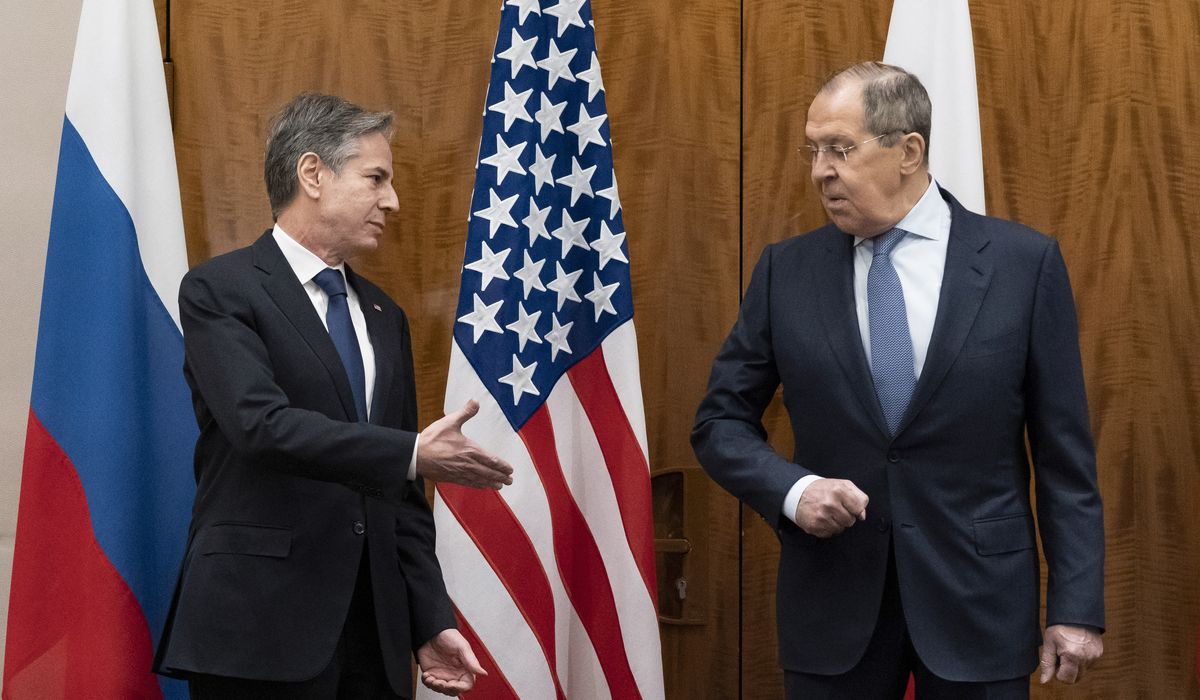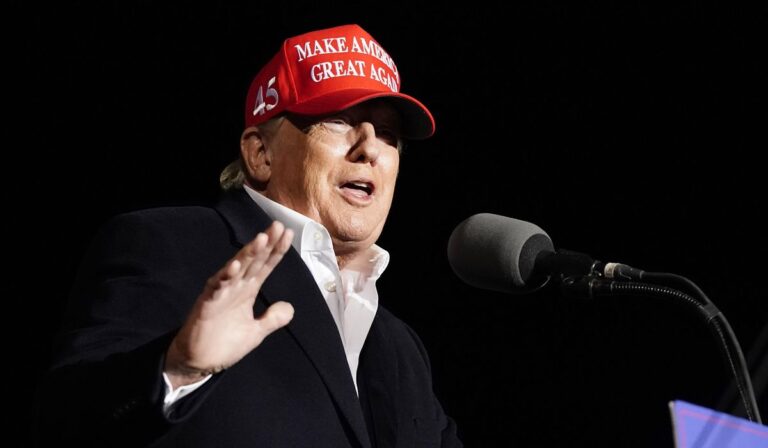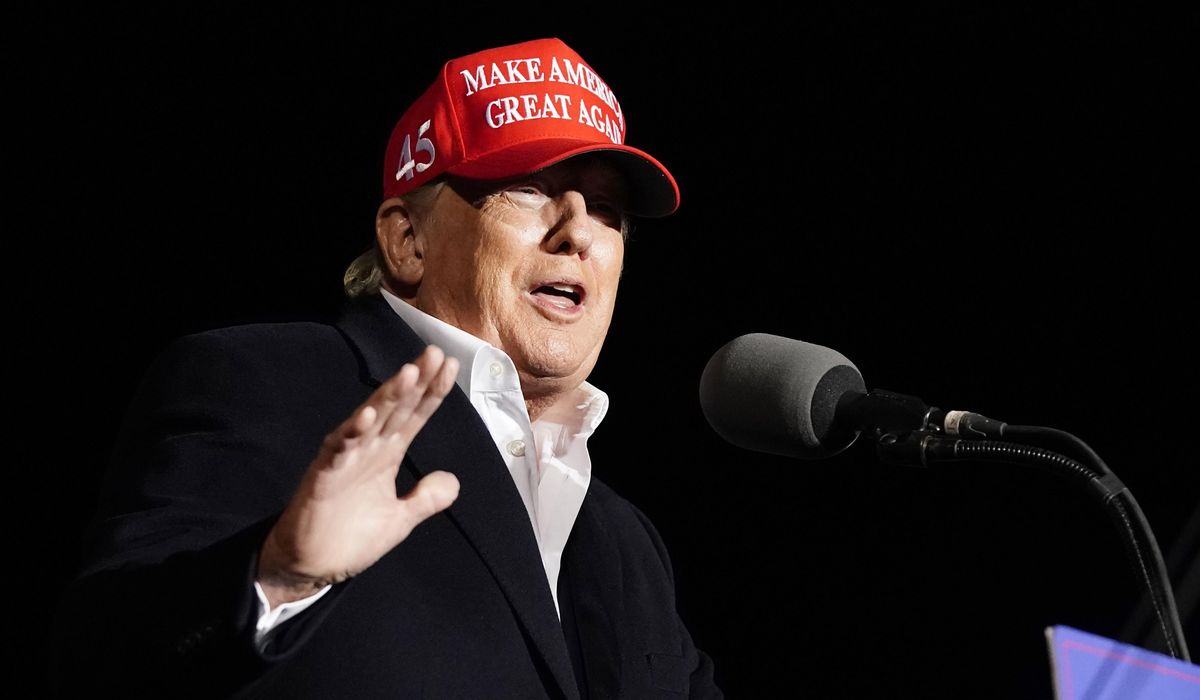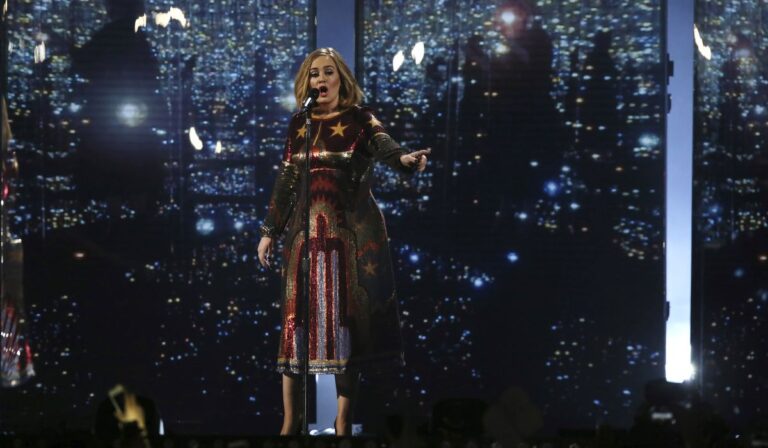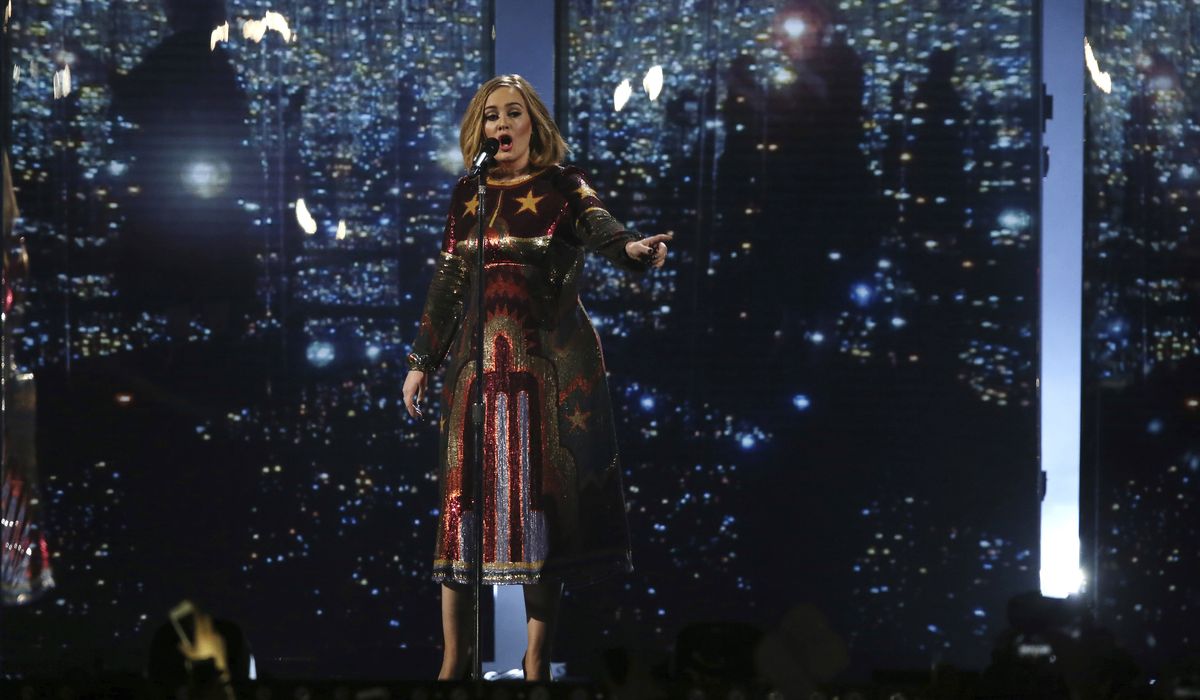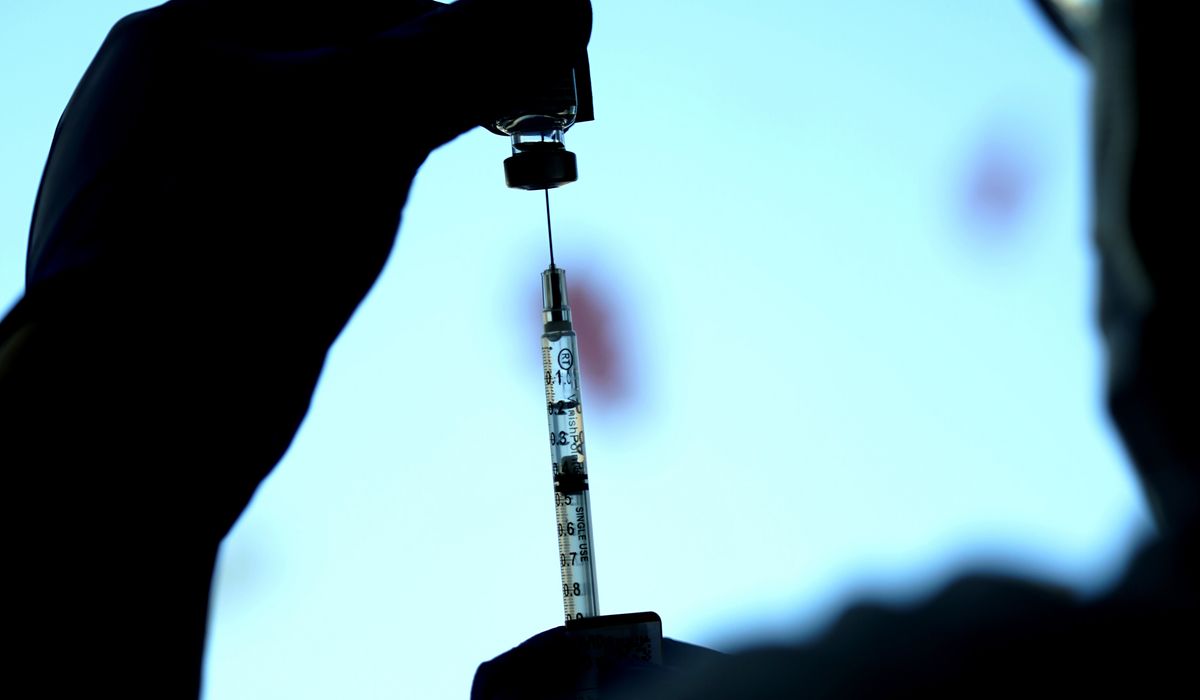
A federal judge issued an order Friday halting President Biden’s order that all federal employees get the coronavirus vaccine or risk losing their jobs, saying the president overstepped the bounds of his powers.
Judge Jeffrey Vincent Brown, a Trump appointee to the bench in Texas, issued a nationwide injunction.
His ruling follows a decision last week by the Supreme Court that halted yet another Biden COVID-19 vaccine mandate for large businesses.
Of four major vaccine mandates the Biden administration has promulgated, three are now blocked.
Judge Brown said the case involving federal workers isn’t about whether people should get vaccinated, saying, “The court believes they should.” Nor is it about whether the federal government as a whole could require its employees to get the shots.
Instead, it is about whether Mr. Biden, acting as chief executive, can issue an order that millions of people undergo a medical procedure.
“That, under the current state of the law as just recently expressed by the Supreme Court, is a bridge too far,” the judge ruled.
White House press secretary Jen Psaki, reacting soon after the decision, said it would be up to the Justice Department to decide next steps, but she suggested the idea of the mandate has already worked.
“First, let me update you that 98% of federal workers are vaccinated. That is a remarkable number,” she said.
She also said the administration was “confident in our legal authority here.”
In arguing its case to Judge Brown, the Biden administration had pointed to several sections of the law that said the president gets to set rules and regulations governing federal workers’ conduct and conditions of employment. Justice Department lawyers said getting vaccinated falls under on-the-job conduct.
Feds for Medical Freedom, the group that challenged the mandate in this case, argued that being vaccinated against the deadly virus wasn’t conduct but rather status. And even if it is judged to be conduct, it’s not “workplace” conduct.
Judge Brown agreed.
He said the Supreme Court’s ruling last week against the large-business mandate found that COVID is not an issue unique to the workplace, so a vaccine mandate can’t be shoehorned into an order regarding work conduct.
Judge Brown was racing to beat a Jan. 21 deadline, which was the earliest point at which any of the plaintiffs involved in the case might face discipline.
His order applies not just to the members of Feds for Medical Freedom but to all federal employees. Judge Brown said trying to draw a narrow injunction was impractical.
The four major vaccine mandates the Biden team imposed last year covered federal employees, federal contractors, workers at businesses with at least 100 employees, and medical workers who are funded by federal money through Medicare or Medicaid.
Of those, only the health care worker mandate remains in place, covering about 10 million people.
The Supreme Court last week ruled Congress did give the administration power in the medical area.
But the justices blocked the large-business mandate from taking effect. The federal contractor mandate was blocked by lower courts.
• Tom Howell Jr. contributed to this article.
For more information, visit The Washington Times COVID-19 resource page.
Health, The New York Today

